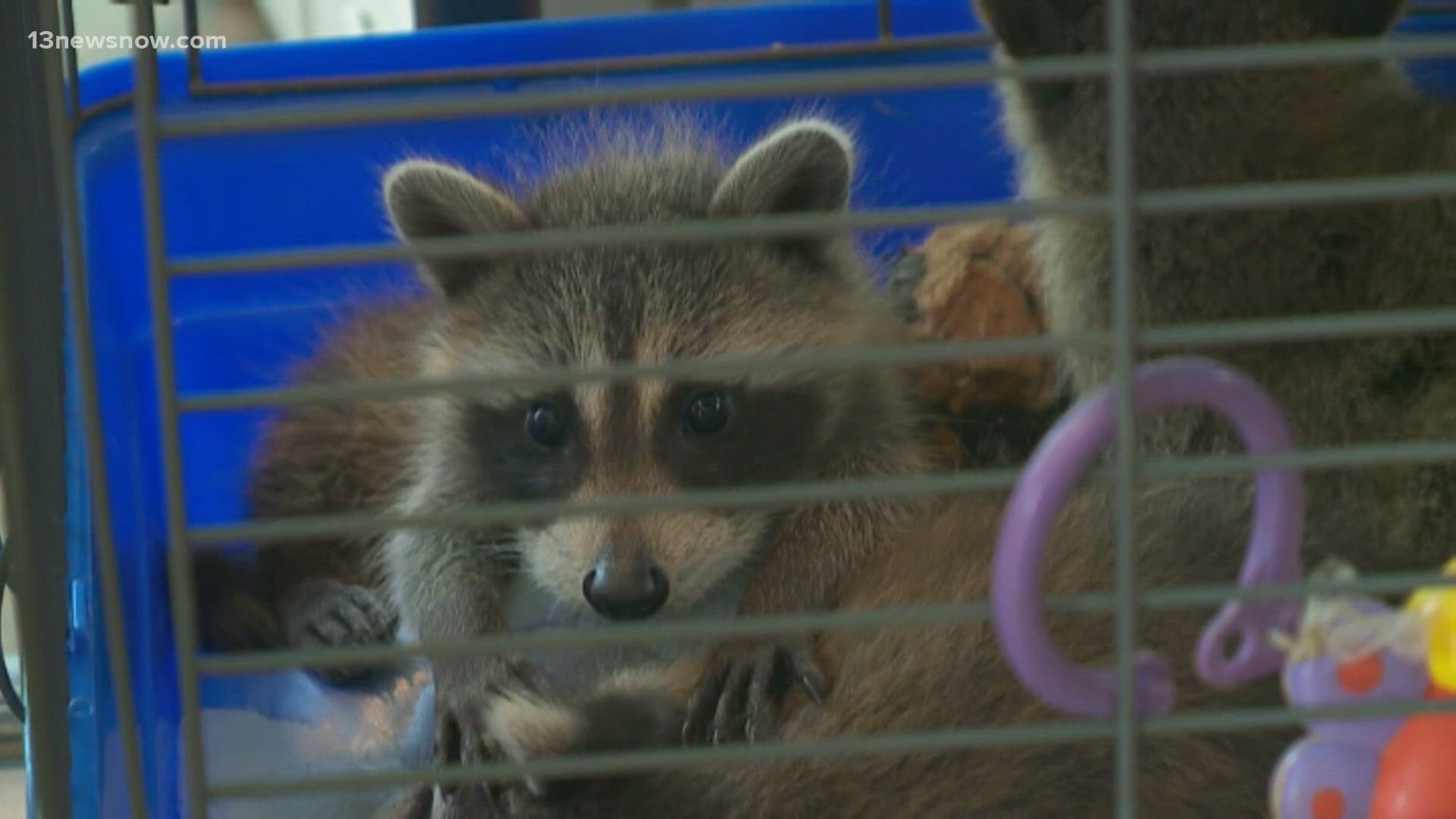NORFOLK, Va. — COVID cases and emergency hospital visits are ticking up across the Commonwealth, and now a new report shows the virus is spreading to Virginia's wildlife as well.
Researchers at Virginia Tech found that 23 species of wildlife, including deer mice, Virginia opossums, raccoons, groundhogs, Eastern cottontail rabbits, and Eastern red bats all exhibited signs that they had or have the virus. This includes antibodies and active infections.
Carla Finkielstein, a professor of biological sciences at the Fralin Biomedical Research Institute at VTC and one of the paper’s corresponding authors said, "You cannot ignore the fact that the virus can jump to other species and we need to check what is going on in that species."
According to the report, it is people who are transferring the virus to animals. Most of the highest exposure to SARS CoV-2 was found in animals near hiking trails and high-traffic public areas.
While animals are not recorded giving the virus back to humans, Finkielstein said it's something to keep an eye on.
"These are unique mutations that are happening in the animals," said Finkielstein. "It's actually providing some advantages to the virus to propagate and survive in these new hosts."
Understanding how the virus continues to mutate in animals may help scientists understand how the virus mutates in ourselves.
According to Virginia's Department of Health, there has been a steady increase of COVID cases since late June. While most of this is considered a "seasonal spike," it also exists because the virus keeps mutating.
"While we are seeing increases they are at a much smaller scale than what we've seen in previous years, and that's to thank our previous prior immunities and immunities from vaccinations as well," said Elena Diskin with the Virginia Department of Health.
Finkielstein said because the research is so new, there is still no measurement of how this could impact wildlife or people in a long-term setting. It's something her research team is advocating to keep watching out for.

